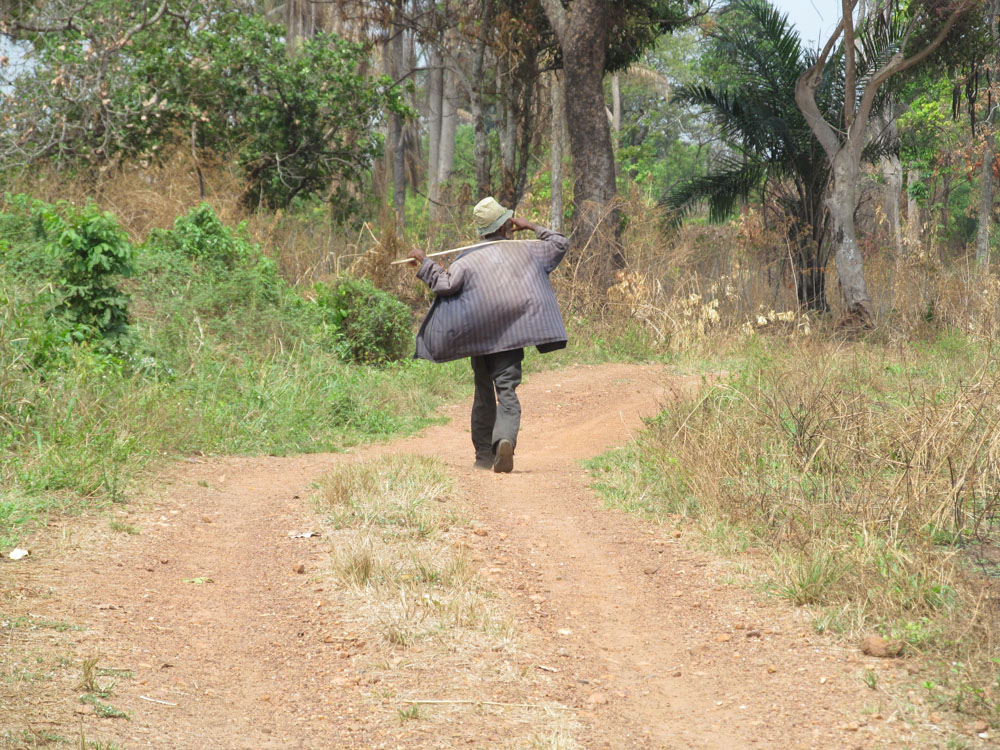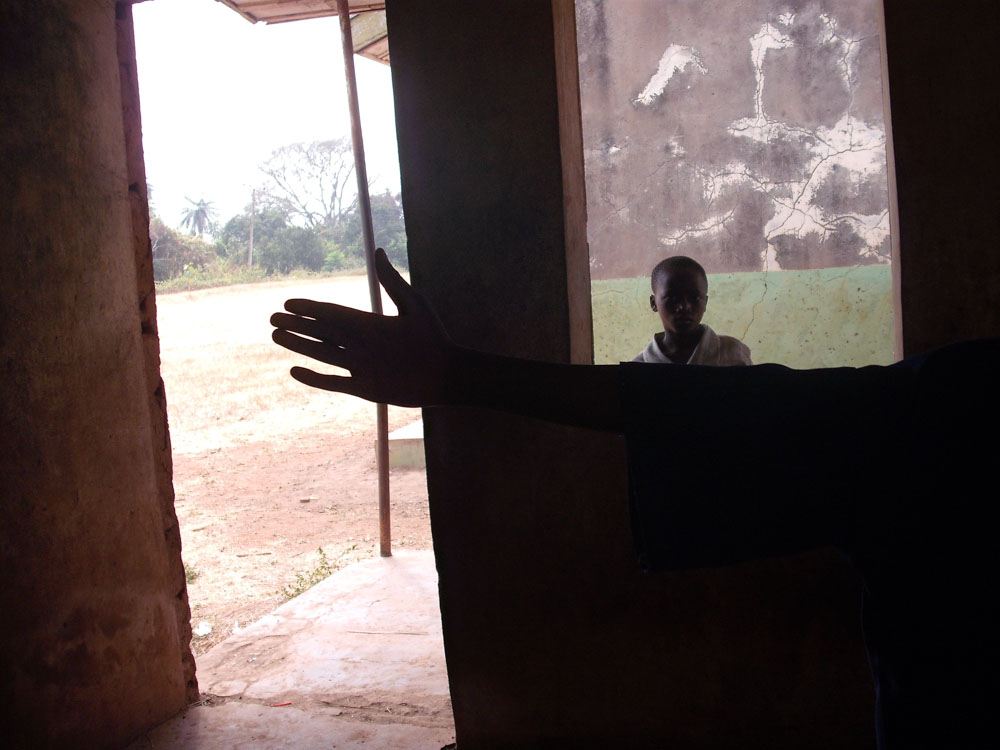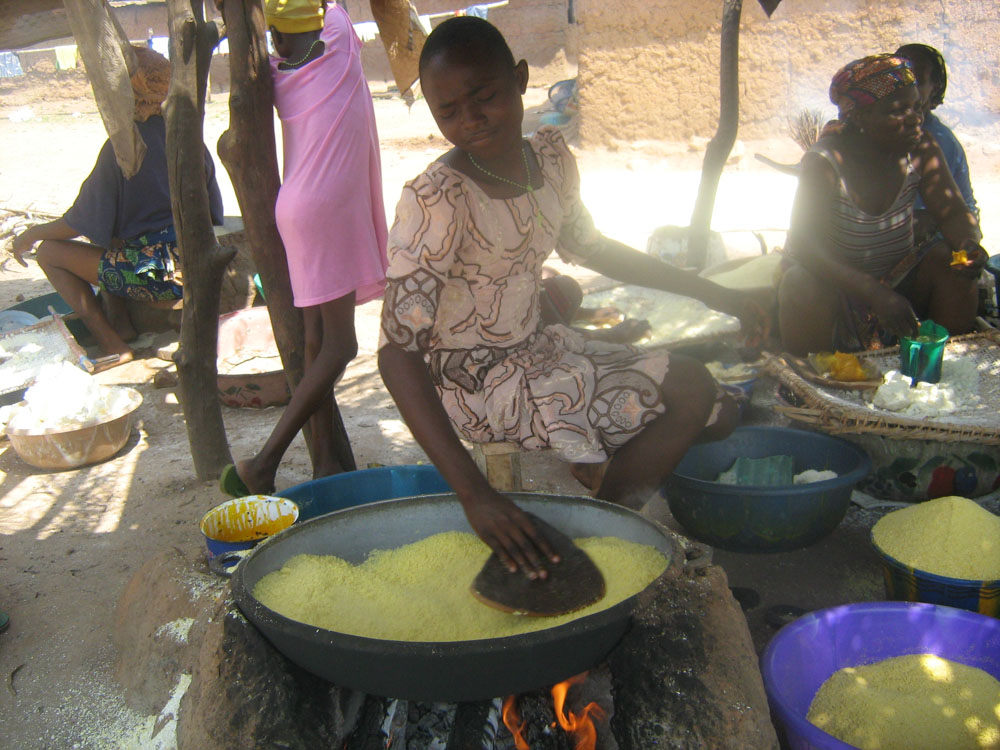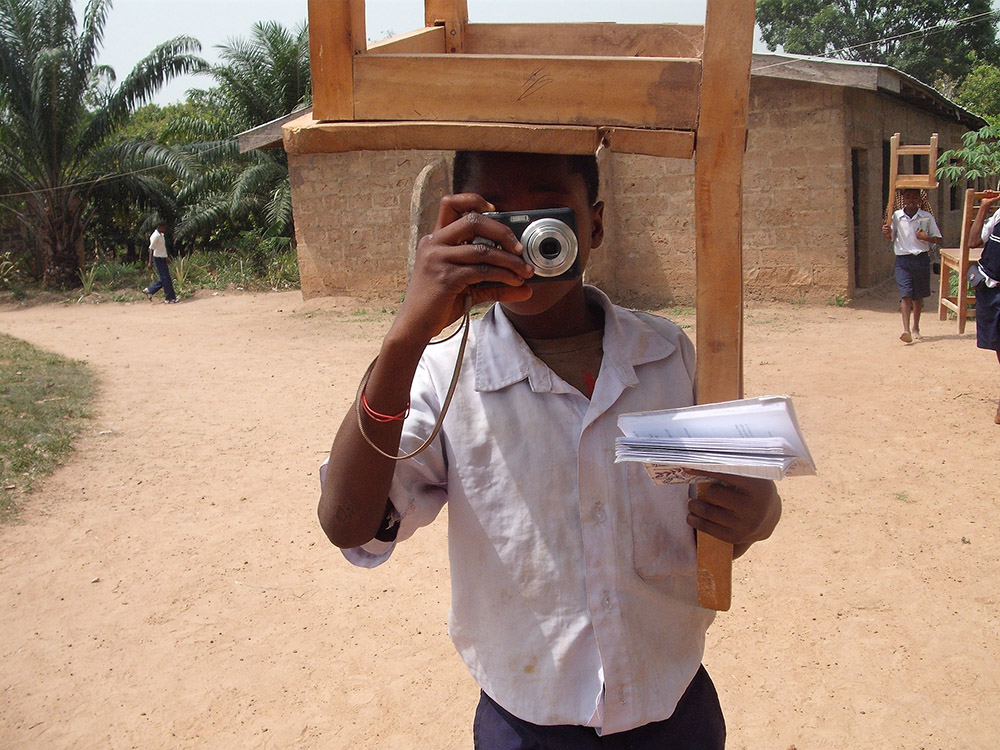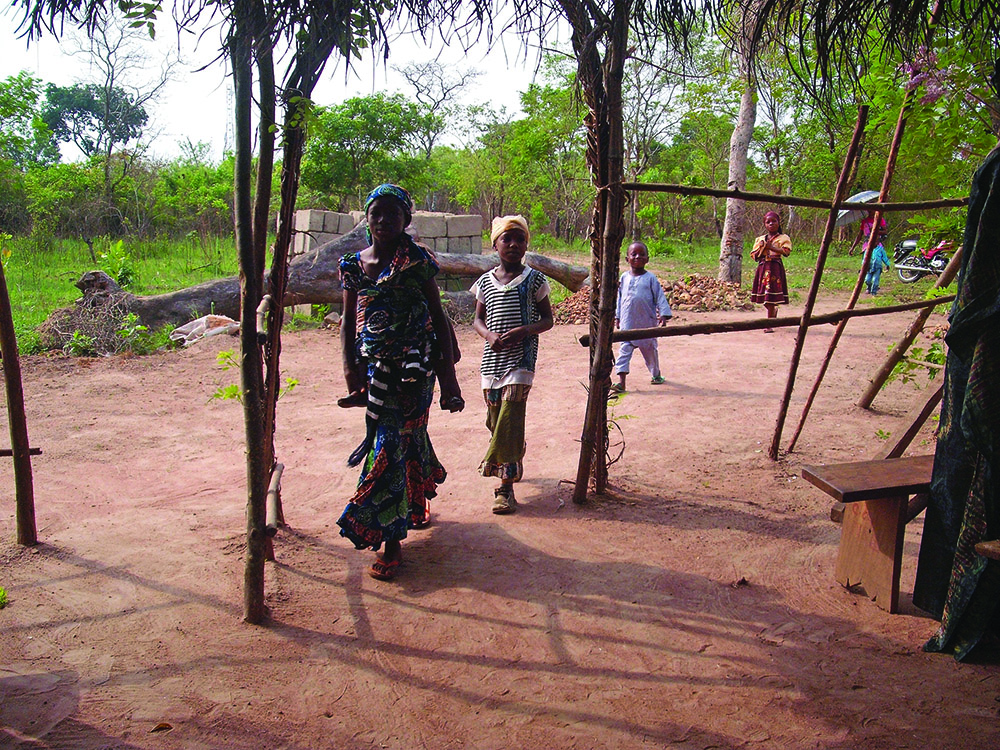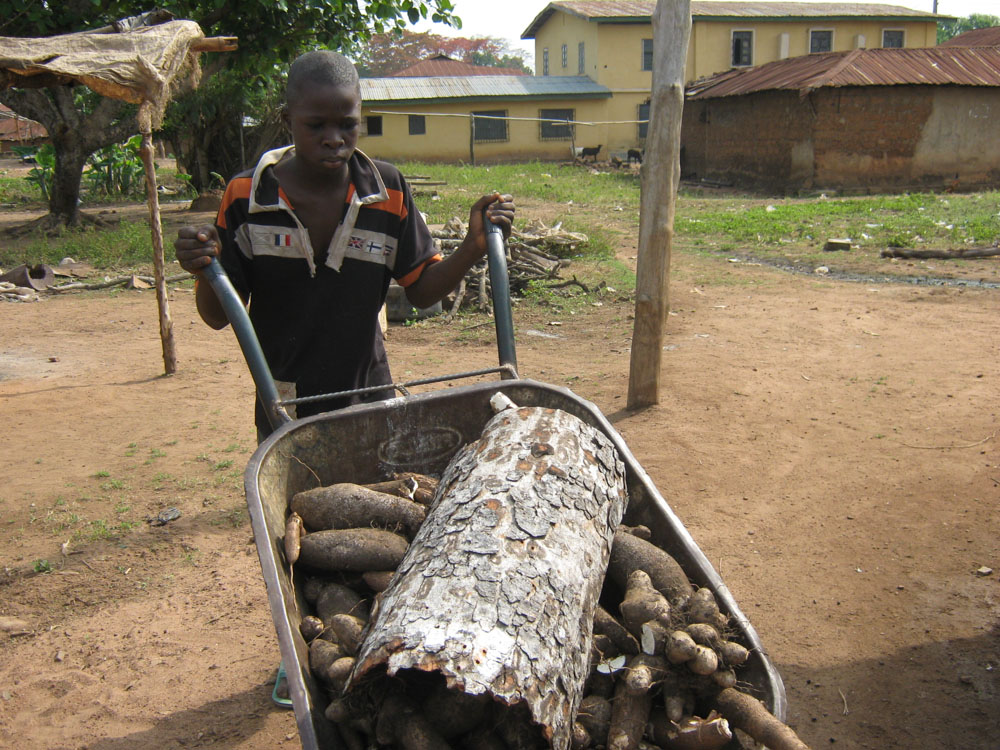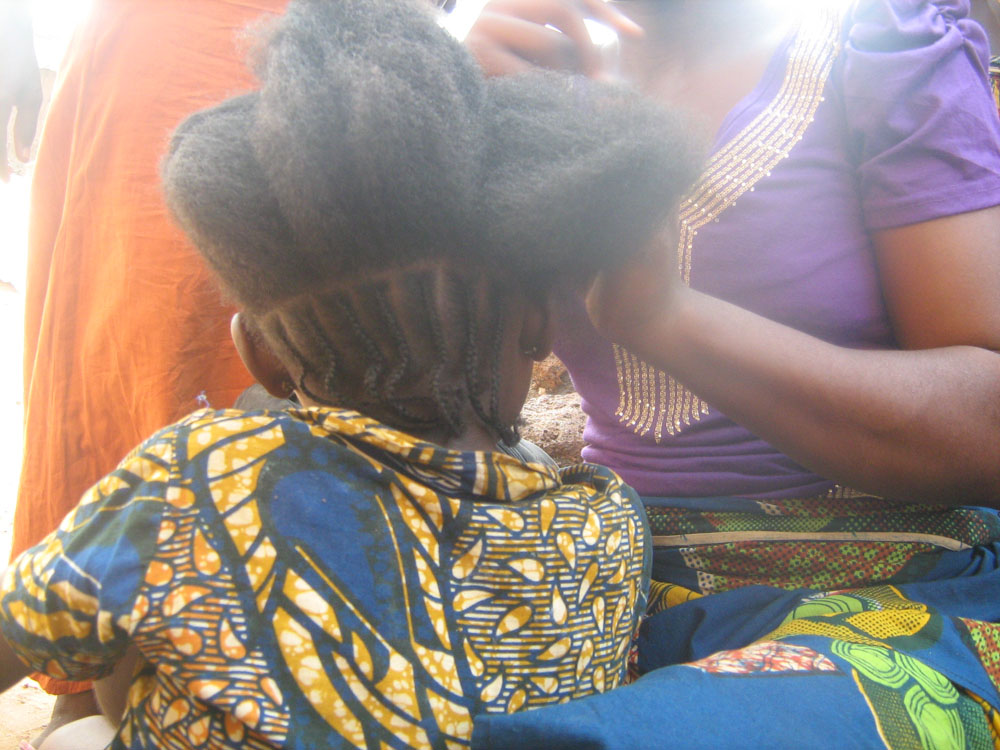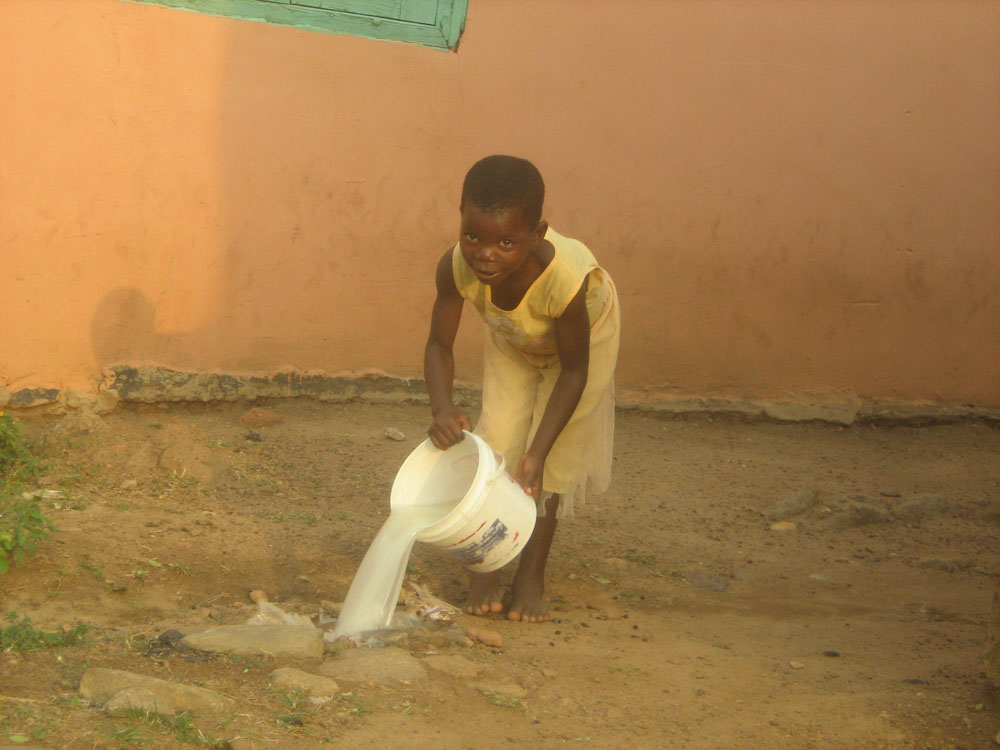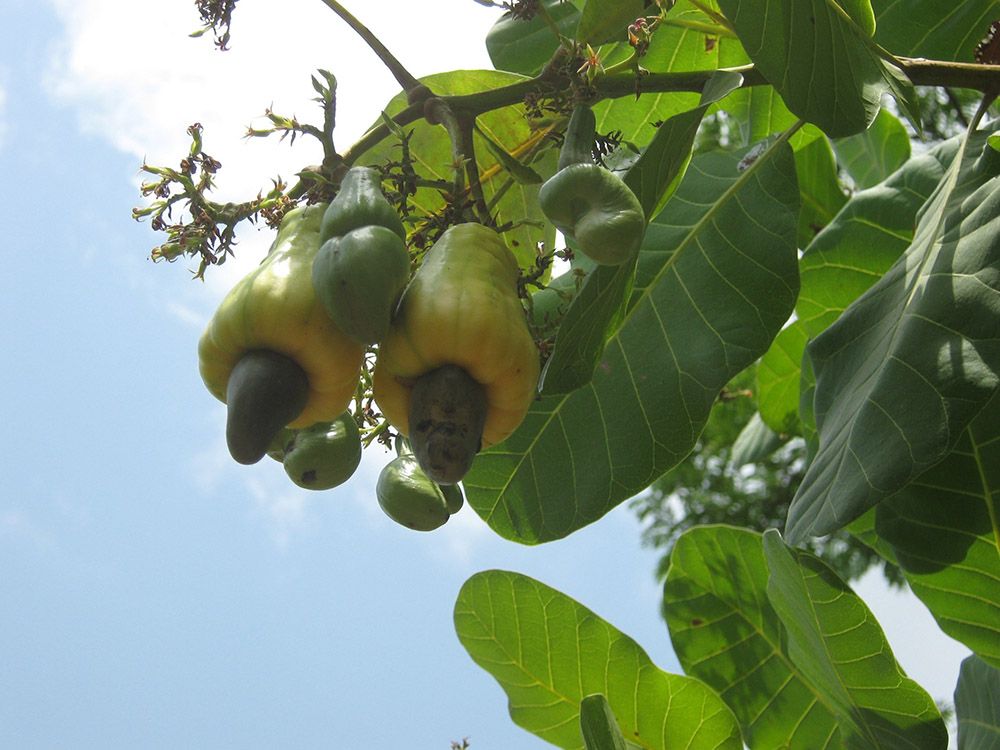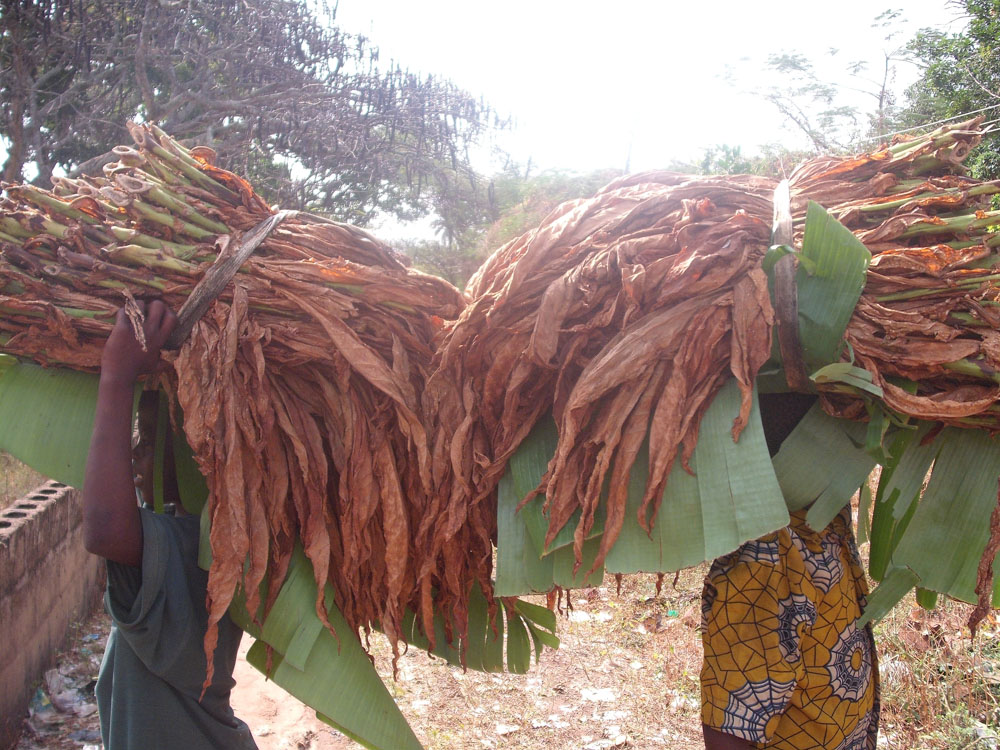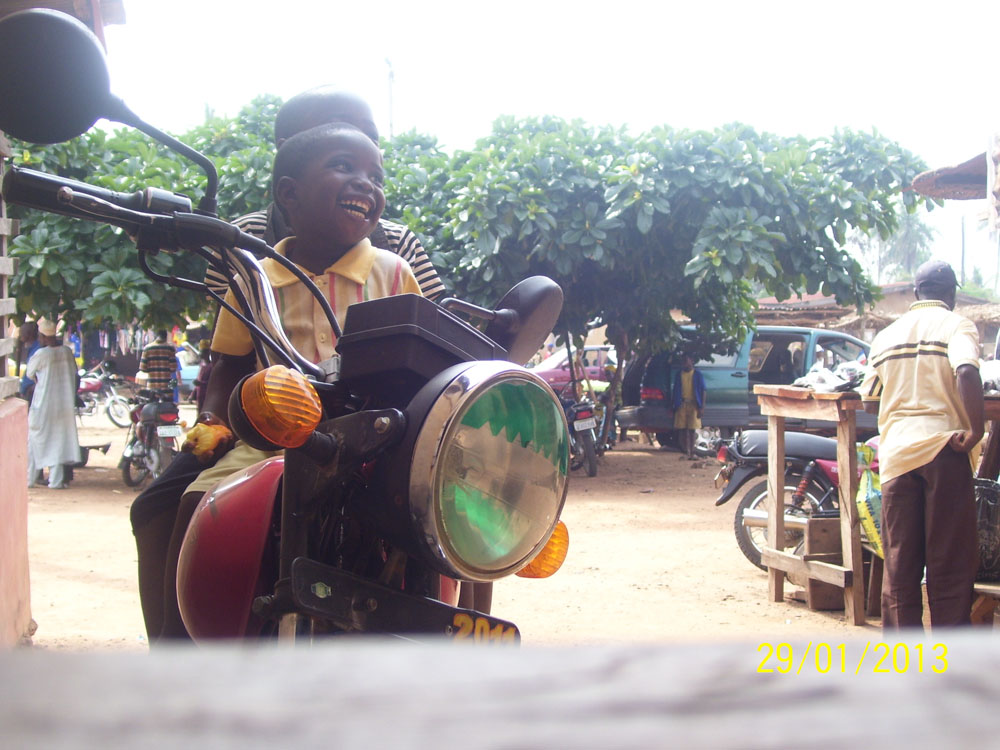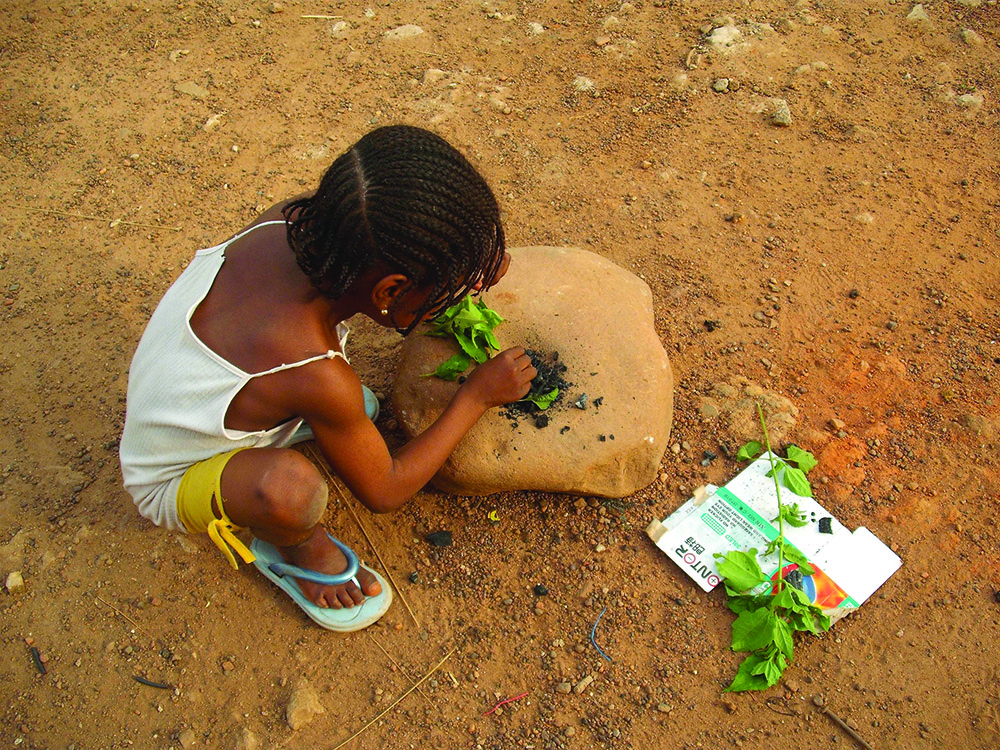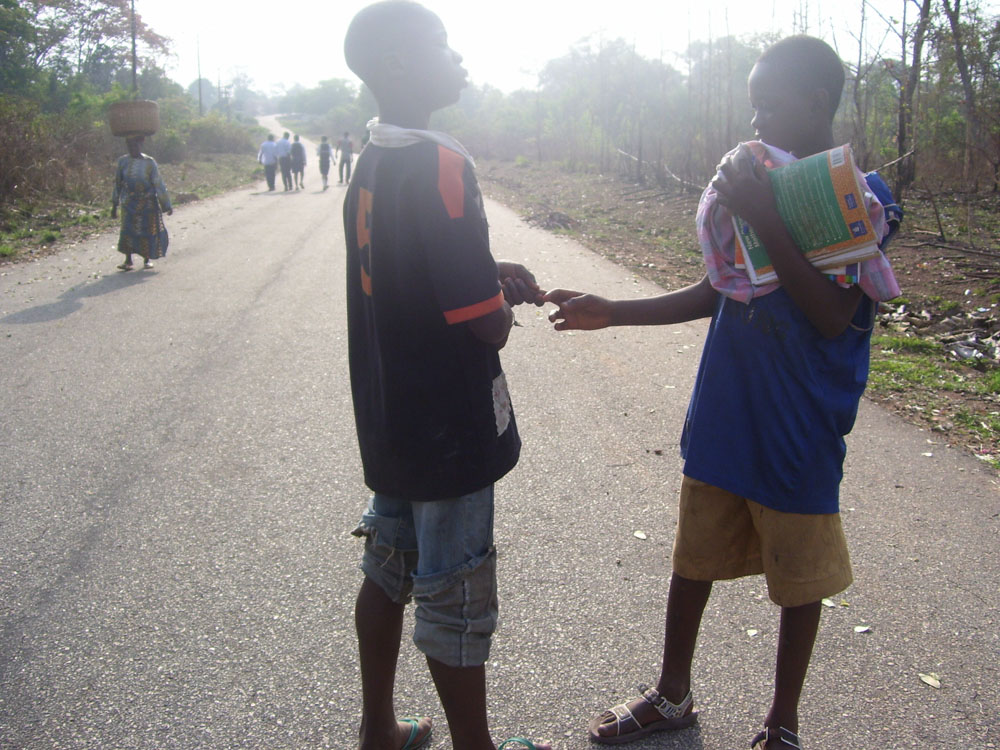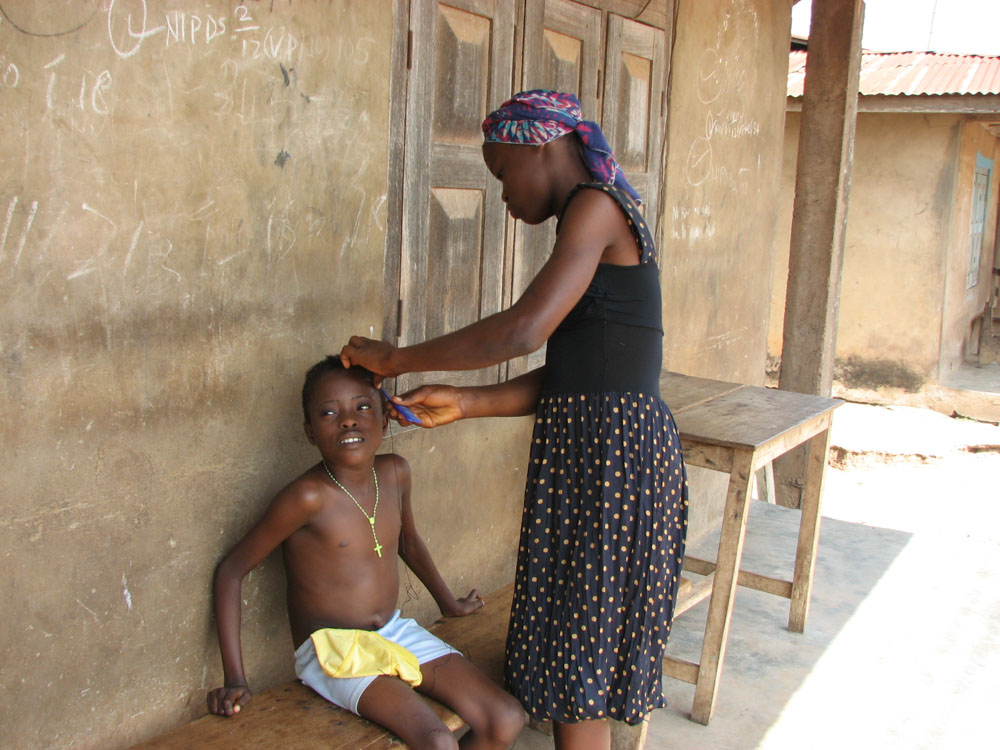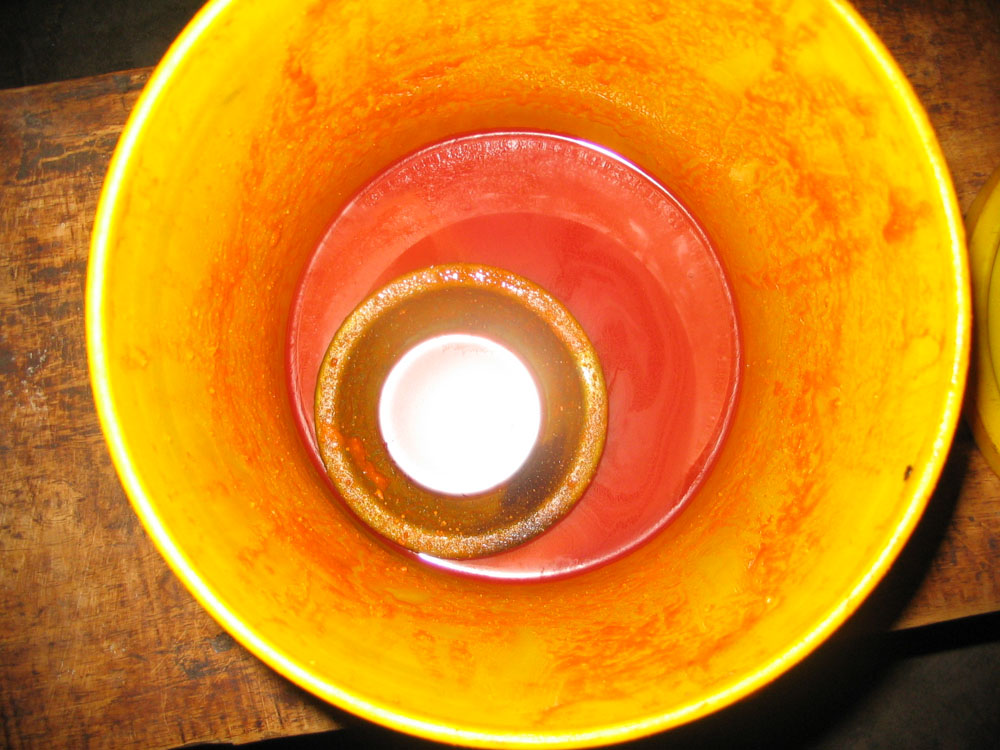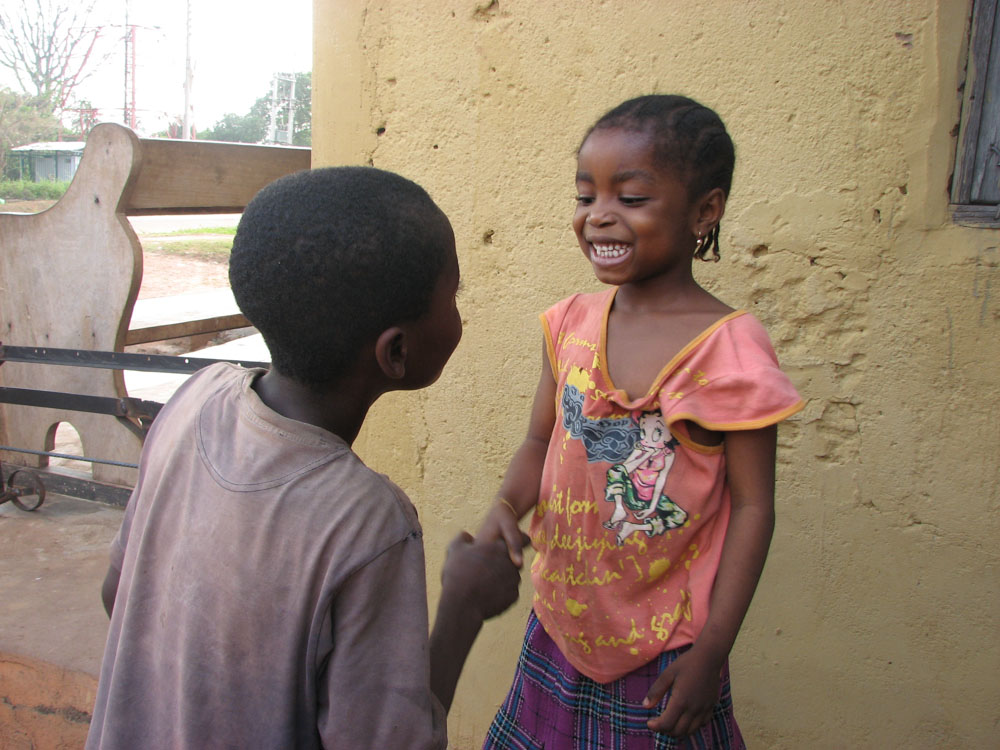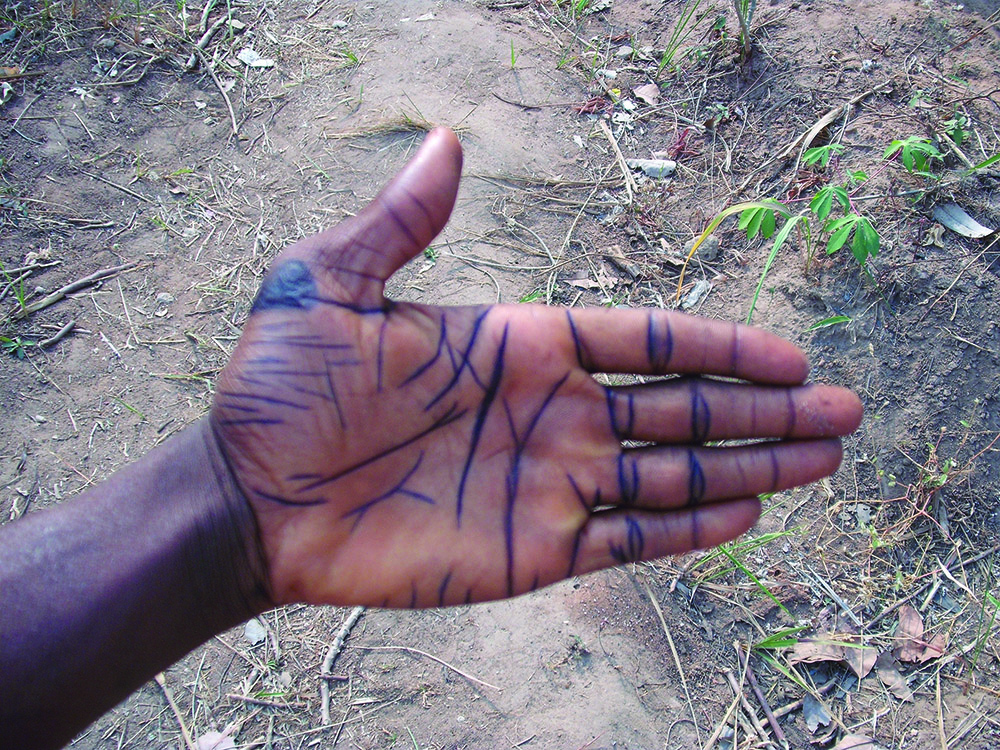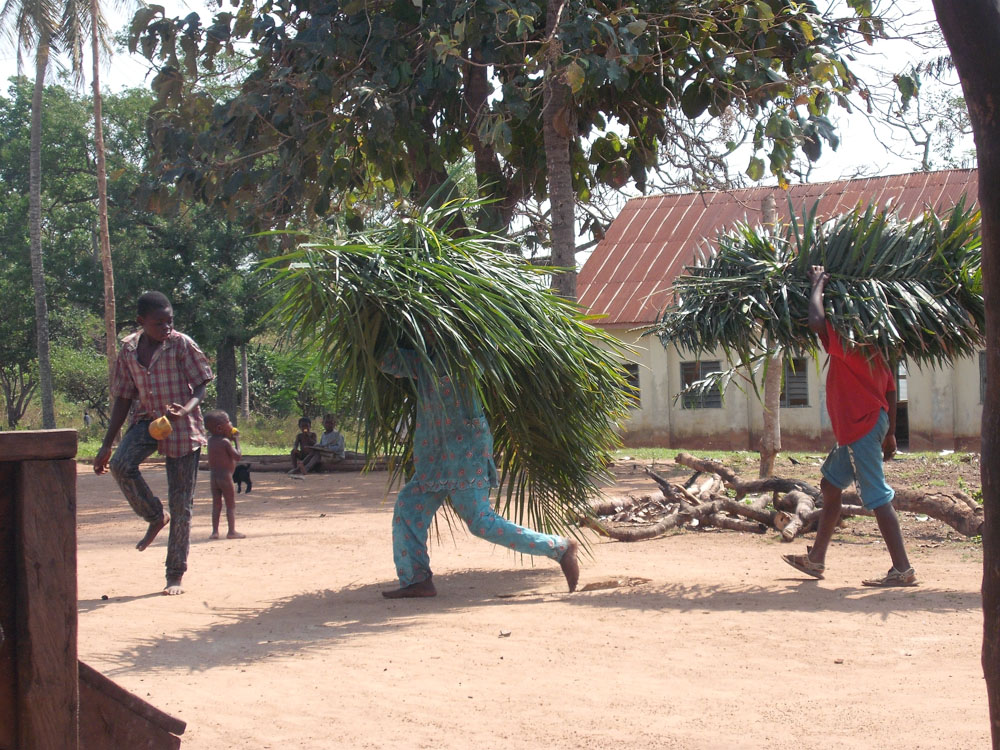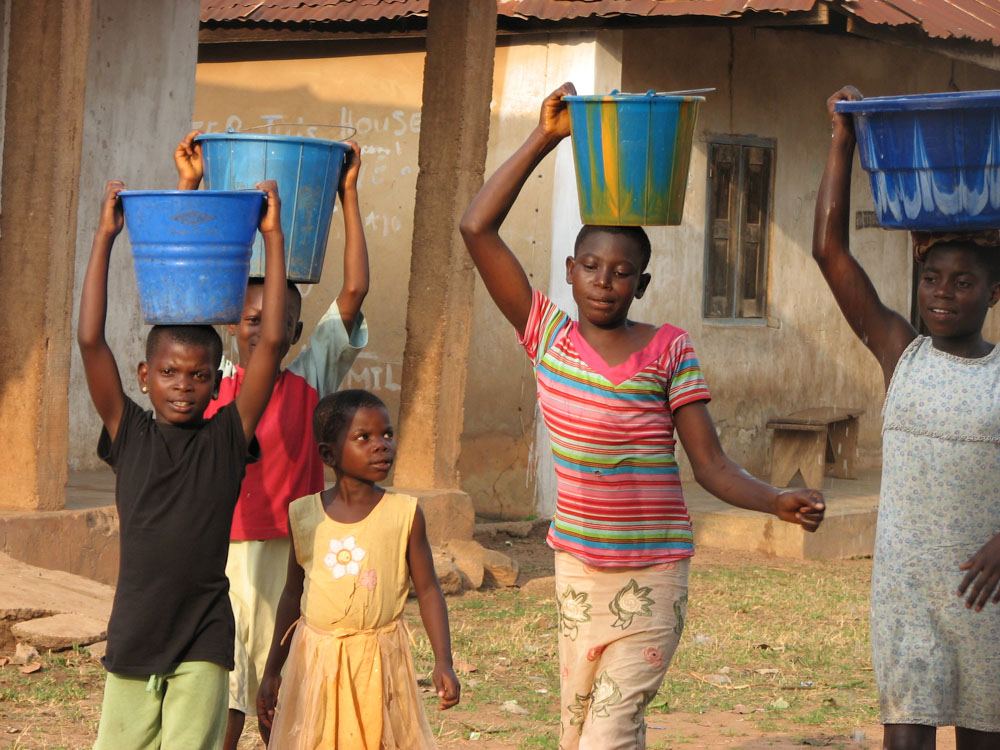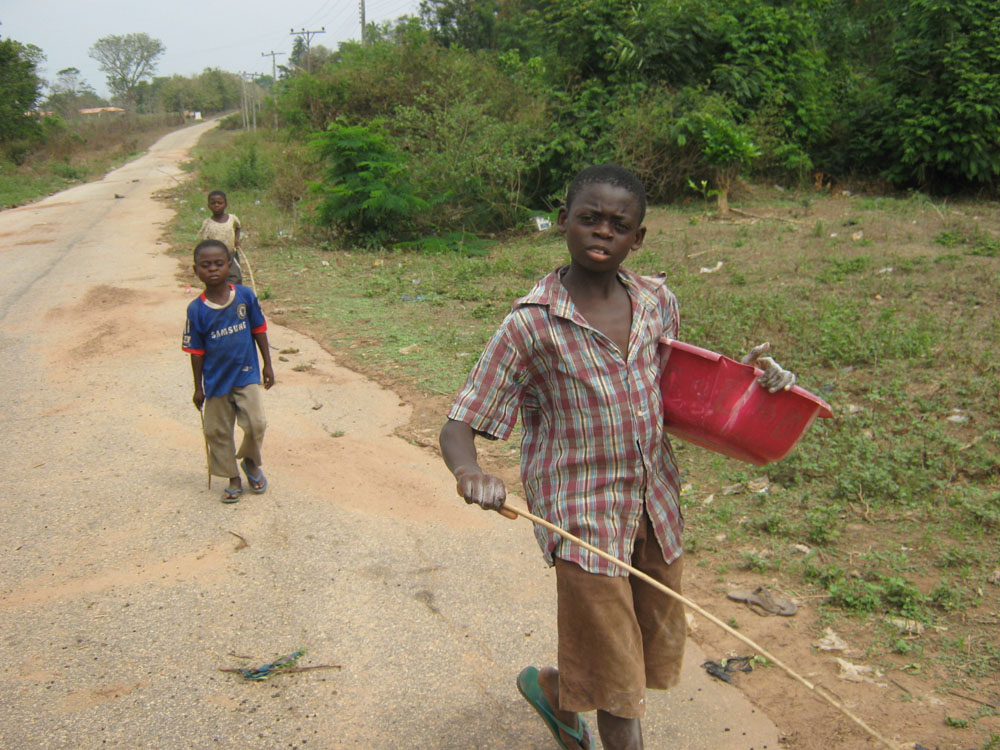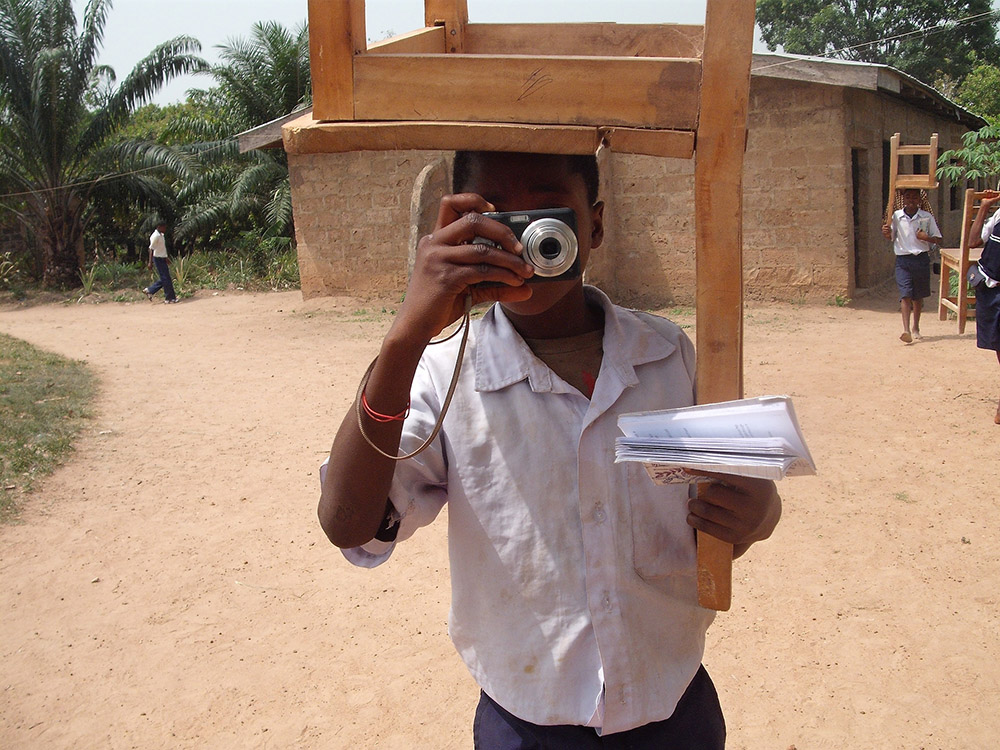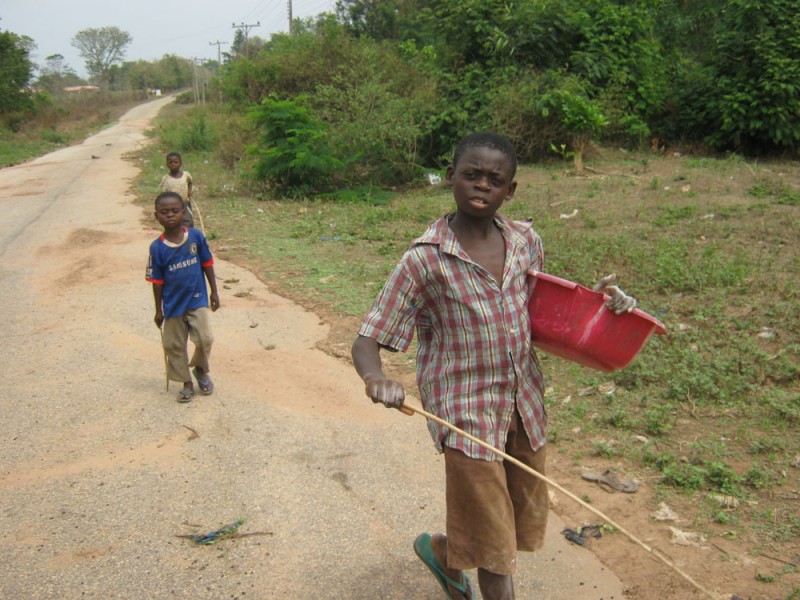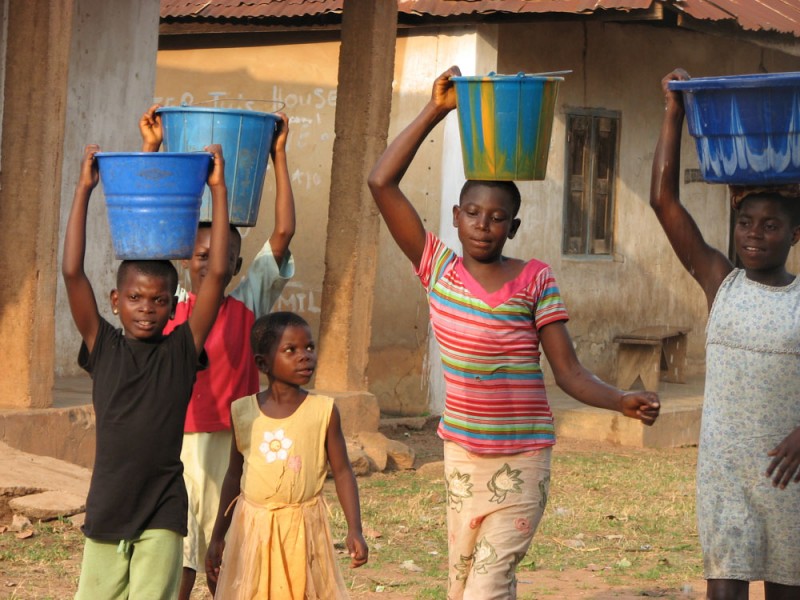With nine cameras to work with, the first few days about 30 children aged 11-18 years share the cameras to do exercises on understanding light, composition, captions and vocabulary. To start with, practically every other photograph is a posed one. Before we know it, given how little input they receive, documentary style pictures take over. Children photograph scenes from their lives naturally and almost effortlessly, without distracting the community. And as they capture the village life they explore their own world.
Student numbers go down. A few boys come every day, many (especially girls) have to help in their compounds or work on the farm, but once they have the time they want ‘to snap’. It appears to be a self- selection process and by the end of the first week they are about 12 boys and 5 girls. They fight for the cameras to photograph a market day, or various activities on a Sunday, or our trip to the ‘rock’. After a lesson on captions, they are off to take pictures of actions and things they know words for in Yoruba, Ikaan, Ebira, Hausa, English. They come back excited and teach each other.
Their first computer lesson is to follow. They can now transfer photographs from a camera onto a computer and select the ones they like. Ikakumo is like a mini-Babylon, a condensed splice of society, a small village in rural Nigeria, with healthy and disabled children, celebrations and disputes, hardships and joys, problems and dreams. When they grow up, children want to be lawyers and doctors, nurses and artists, soldiers and actors, technologists and footballers.
